The Best Ways to Organize for an Estate Sale
Estate sales are happening all of the time. You’ve seen the signs. When it comes time for you to organize for an estate sale, you may find yourself a bit overwhelmed. Don’t worry, because we will outline the best ways to organize for an estate sale. Whether you find yourself suddenly needing to hold an estate sale because of a death, divorce, or some other immediate need to sell a home, you can use this guide to make your life easier.
Beyond sorting and pricing belongings, there are legal and financial considerations that often require clarity and support to ensure everything is handled fairly and in alignment with long-term interests. In the middle of such complexities, Plainfield family law services can provide the guidance needed to understand rights, responsibilities, and the best path forward when shared assets must be evaluated and distributed. With the right legal insight, individuals are better equipped to make informed decisions, reduce conflict, and move through the process with confidence, allowing the estate sale to become one manageable step toward creating stability and a fresh start.

- Catalog everything in your home that you will be selling. This is a basic inventory check, so you can track everything more easily.
- Anything you will not be selling, take note of it and set it aside. If they are belongings of others, inform them and provide a final date for when they can pick them up. Anything left over should be included in the estate sale.
- Once the list is fully organized and every item has been accounted for, you’ll have a clearer picture of what truly needs to be handled. But even with a tidy inventory, questions about ownership, inheritance, or disagreements among relatives can still surface and complicate the estate process. When those issues arise, guidance from family lawyers in Brazoria County, TX can help sort out rights, clarify responsibilities, and prevent small disputes from turning into lasting rifts. With clear direction, the entire estate sale moves forward more smoothly, keeping everything fair, orderly, and far less stressful.
- Donate items that are not worth selling or have a free section at your estate sale.
- Where there are lots of things that you need to throw out, rent a dumpster, so you can throw out many things at once, easily. A dumpster company can take away the items you throw out at a recurring set time, such as once a week. It may be difficult to part with certain sentimental things, but you will have to eventually split up your emotions from your junk.
- Clean anything that you are selling, since this will raise their value at your sale.
- Research what pricing should be for any of the items you are selling. Avoid pricing things too high, since you are trying to get rid of things and people are looking for a good deal. If you are unsure what you should price something, price it at the higher end so you have some room for price negotiations.
- Print out price tags for everything, to save you time and energy.
- Set up everything in the home to be on the perimeters of all the rooms, to make it easier for people to browse.
- Anything still in your home that you are definitely not selling should be labeled as such.
- Have people helping with security, so nobody runs off with things you aren’t selling that are still in your home.
- Have helpers with collecting money from people who are buying things. You should also have helpers to assist with moving the big items, such as furniture, out of your home.
If you find all of this overwhelming, you can contact us for support. We can help you with all of your organizing needs, so you can breathe easy and focus on promoting your estate sale to get more people to come and take your old treasures. The next time you plan to organize an estate sale in the Toronto area, contact ClutterBGone to schedule a free per-assessment chat, with no obligation.
 905-642-5669
905-642-5669



 We hold onto many items out of sentimentality. Maybe it belonged to a loved one. Perhaps you still hold on to those old high school awards. When was the last time you even looked at them? Will your loved ones want them when you are gone? Choose just a couple of these items and purge the rest. ClutterBGone knows how to make sure those memories are with you without the clutter.
We hold onto many items out of sentimentality. Maybe it belonged to a loved one. Perhaps you still hold on to those old high school awards. When was the last time you even looked at them? Will your loved ones want them when you are gone? Choose just a couple of these items and purge the rest. ClutterBGone knows how to make sure those memories are with you without the clutter. Wow! Eighty percent off something that I may need at some point? Who could pass that up? You should. Even eight percent off is still too much to pay for something you just don’t need. Besides, there will always be a sale at some point. If you truly want to live clutter free, then purchase only what you need and when you need it. Keep in mind that everything you buy requires some maintenance whether it is cleaning, dusting or moving it around and it takes up valuable space too.
Wow! Eighty percent off something that I may need at some point? Who could pass that up? You should. Even eight percent off is still too much to pay for something you just don’t need. Besides, there will always be a sale at some point. If you truly want to live clutter free, then purchase only what you need and when you need it. Keep in mind that everything you buy requires some maintenance whether it is cleaning, dusting or moving it around and it takes up valuable space too.
 If you were organizing in the kitchen you would sort all your pots, pans, utensils and such to see just how much you had of each. When doing a closet sort your shirts or blouses, dresses, pants, etc. You really don’t know how much you have of something until you see it all laid out in front of you.
If you were organizing in the kitchen you would sort all your pots, pans, utensils and such to see just how much you had of each. When doing a closet sort your shirts or blouses, dresses, pants, etc. You really don’t know how much you have of something until you see it all laid out in front of you. Remember to store items in containers using the smallest possible container that will house all the items in a particular category. Most professional organizers will carry an inventory of commonly used containers to save time.
Remember to store items in containers using the smallest possible container that will house all the items in a particular category. Most professional organizers will carry an inventory of commonly used containers to save time.
 Organizing and decluttering isn’t a sprint. The clutter in your life didn’t appear overnight. Pick a room or a space that gives you the most grief and start there. Stay with that area until it’s complete. Now stand back and realize what you have accomplished. This will give you added energy to move on to the next space.
Organizing and decluttering isn’t a sprint. The clutter in your life didn’t appear overnight. Pick a room or a space that gives you the most grief and start there. Stay with that area until it’s complete. Now stand back and realize what you have accomplished. This will give you added energy to move on to the next space. They forgot they had it or quickly need it and couldn’t find it, so they run off to the store to purchase another one and now have more than 2 or 3 of the same items. These items are easy to make decisions about. They are the perfect candidates to sell, donate or give away.
They forgot they had it or quickly need it and couldn’t find it, so they run off to the store to purchase another one and now have more than 2 or 3 of the same items. These items are easy to make decisions about. They are the perfect candidates to sell, donate or give away.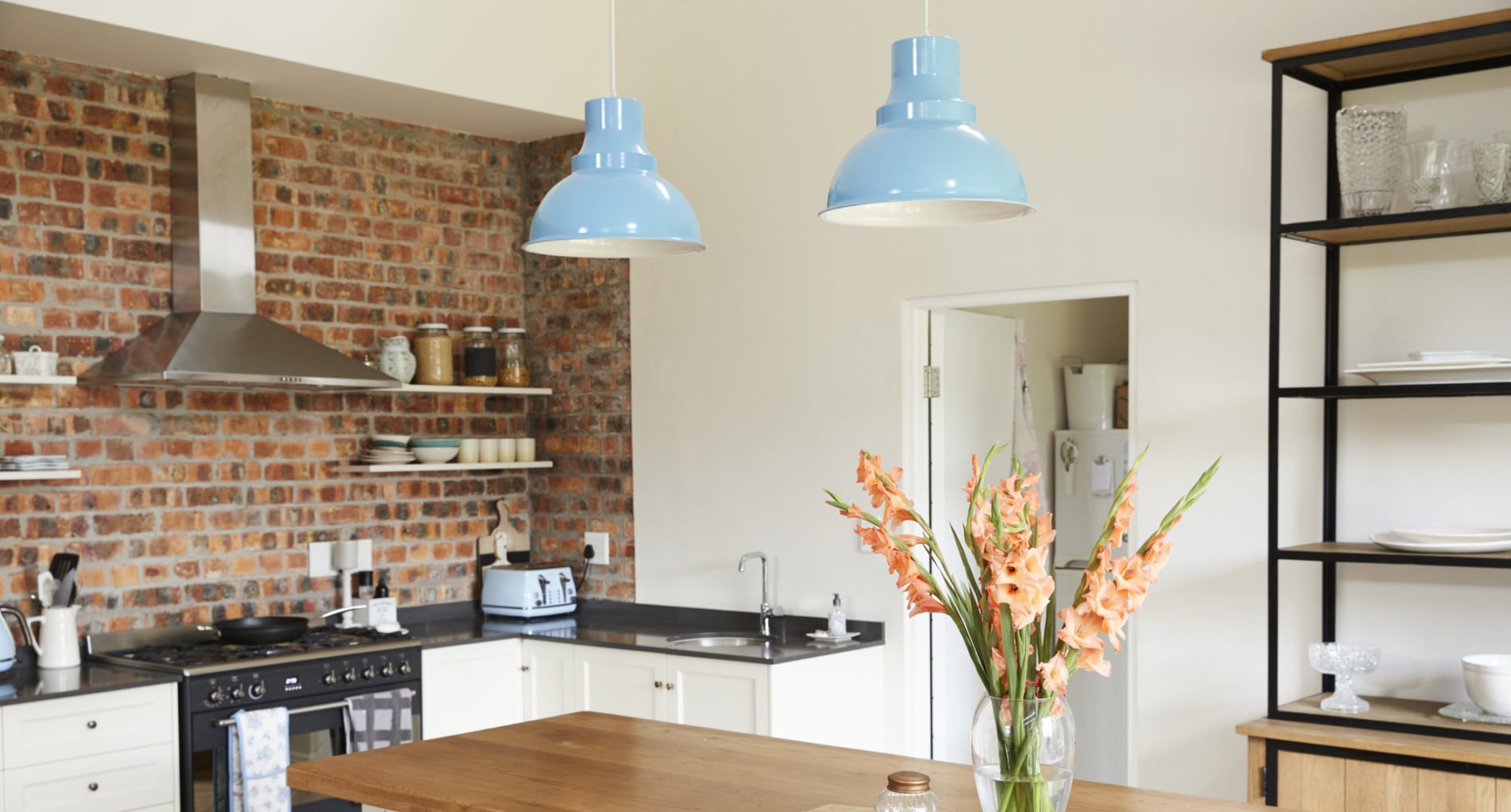
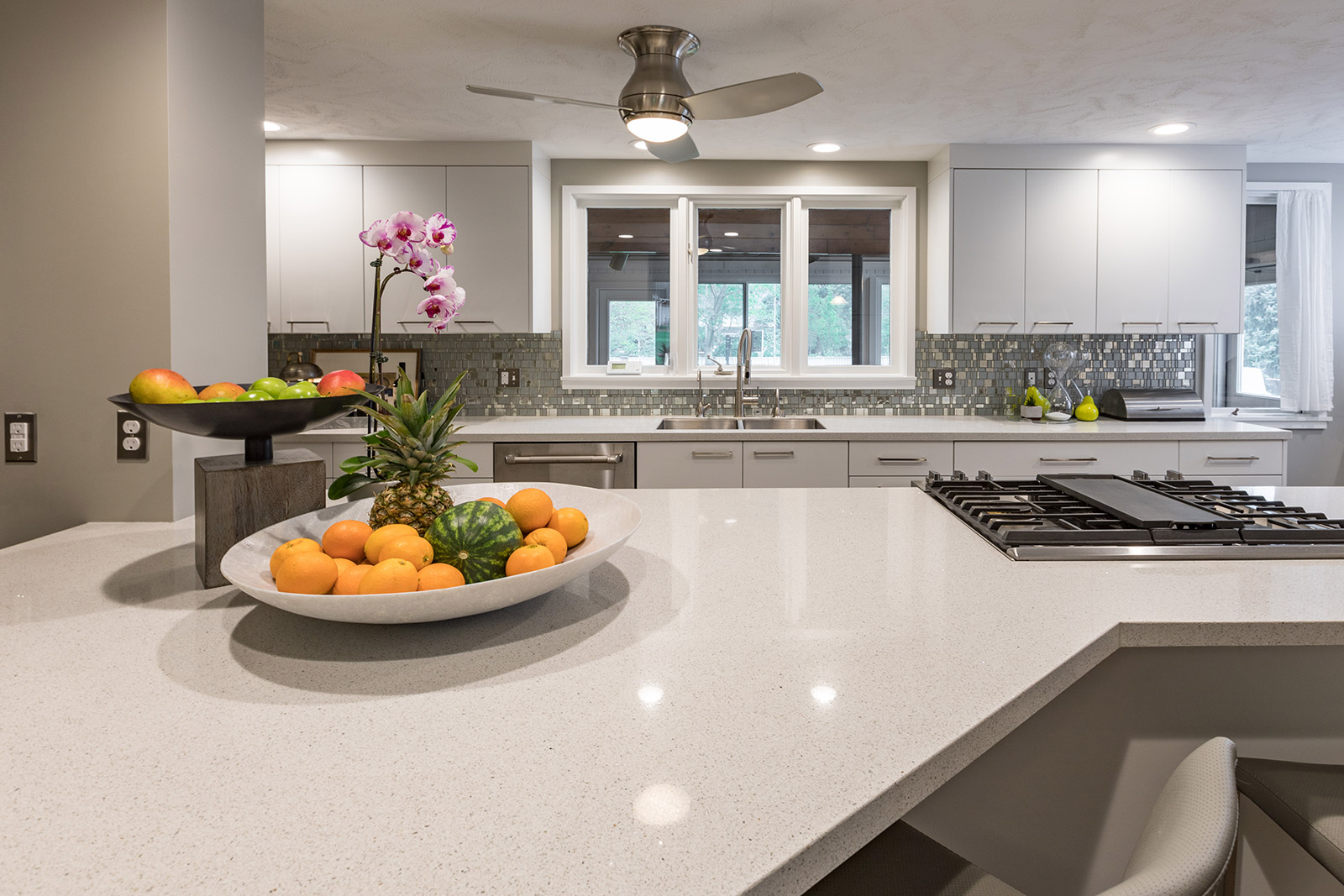 Do you want to have more time to spend with your family or friends? Do you want to reduce your frustration and anxiety levels when you can’t find things? Will being more organized improve your relationships? Will you save money on past due and interest charges and improve your credit rating? Whatever the reason, write them down and keep the list in a conspicuous place until the task is completed. It will be a constant reminder to you.
Do you want to have more time to spend with your family or friends? Do you want to reduce your frustration and anxiety levels when you can’t find things? Will being more organized improve your relationships? Will you save money on past due and interest charges and improve your credit rating? Whatever the reason, write them down and keep the list in a conspicuous place until the task is completed. It will be a constant reminder to you.
 Many people don’t understand just how much money you can save by being organized. Bills will be paid on time thereby saving late fees. Your credit score will improve as well. You won’t be buying duplicates of items that you can’t find but know you have somewhere. In more than one case we found cheques that were misplaced! Luckily, they weren’t stale dated yet.
Many people don’t understand just how much money you can save by being organized. Bills will be paid on time thereby saving late fees. Your credit score will improve as well. You won’t be buying duplicates of items that you can’t find but know you have somewhere. In more than one case we found cheques that were misplaced! Luckily, they weren’t stale dated yet.
 Once you are organized you’ll find you have the time to do things you love or always wanted to do. You’ll have the time to hit the gym or meet up with friends or sometime for a quick walk at lunch time. Many of us don’t do these things because we “don’t have the time”. Let us help you find that time.
Once you are organized you’ll find you have the time to do things you love or always wanted to do. You’ll have the time to hit the gym or meet up with friends or sometime for a quick walk at lunch time. Many of us don’t do these things because we “don’t have the time”. Let us help you find that time.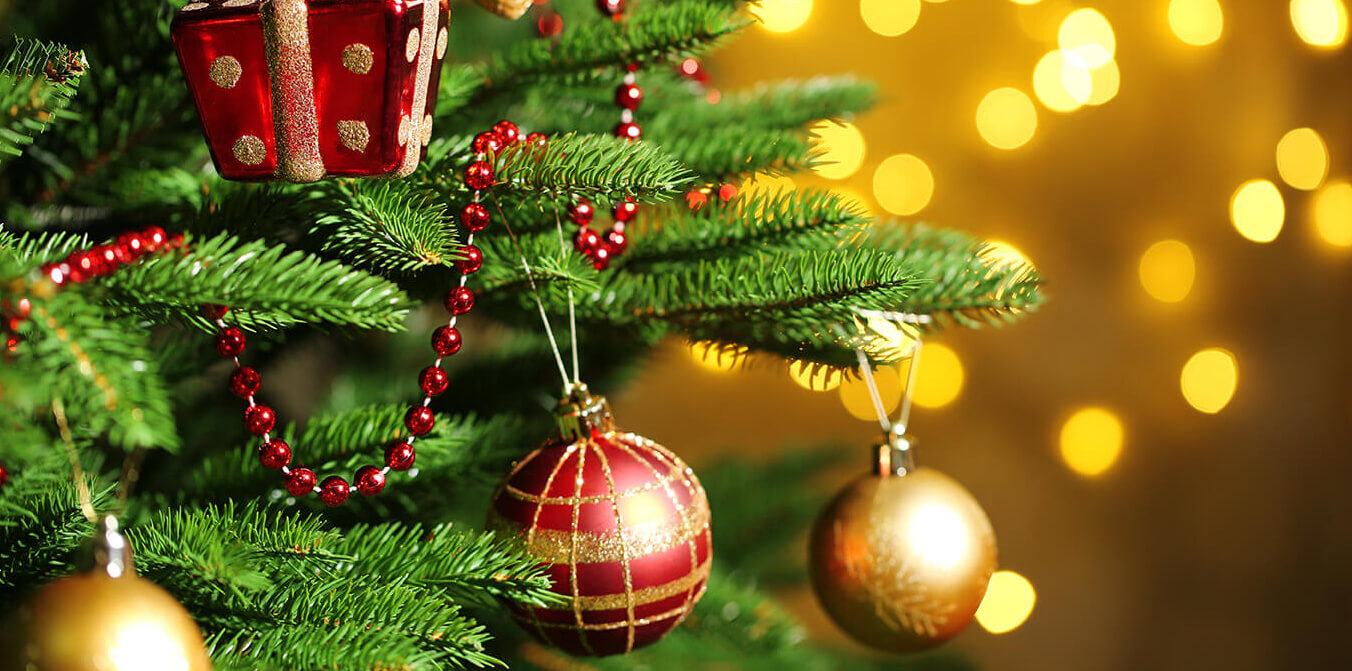
 The shopping centers will confirm that a lot of you put off the holiday shopping until the last minute. Set some time aside to get it done earlier. Calendarize it if you need to and treat it like an appointment – no changes. Arrange a babysitter if need be or if you’re able to book an afternoon off work, even better. The shopping malls get crazy with each passing day, as you know. Last minute shopping is the perfect recipe for stress over the holidays and for purchasing items that tend to lead to clutter.
The shopping centers will confirm that a lot of you put off the holiday shopping until the last minute. Set some time aside to get it done earlier. Calendarize it if you need to and treat it like an appointment – no changes. Arrange a babysitter if need be or if you’re able to book an afternoon off work, even better. The shopping malls get crazy with each passing day, as you know. Last minute shopping is the perfect recipe for stress over the holidays and for purchasing items that tend to lead to clutter.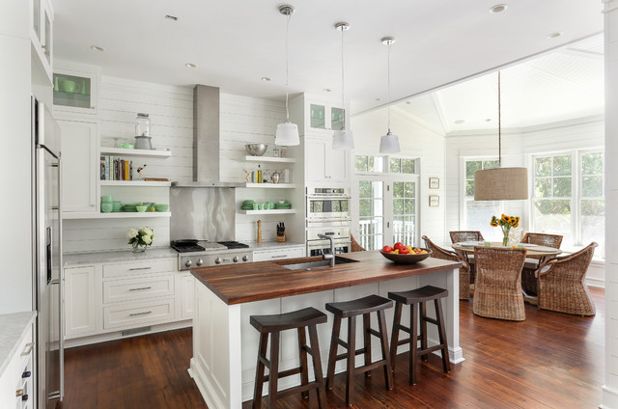
 It’s easy to say the whole house but there is one room that is causing you the most grief. One room that is resulting in more misplaced items, more lost productivity, one room that became a drop zone, maybe even one room that looks the worse than the others.
It’s easy to say the whole house but there is one room that is causing you the most grief. One room that is resulting in more misplaced items, more lost productivity, one room that became a drop zone, maybe even one room that looks the worse than the others. Once the organizing process starts you are going to have items that you want or need to keep but rarely use. These items will need to be stored away. Do you have the space for the storage of items? Do you have the materials required to store items like shelving or containers? The area that you use for storing unused items must also be organized in a way that makes it easy to find and retrieve items.
Once the organizing process starts you are going to have items that you want or need to keep but rarely use. These items will need to be stored away. Do you have the space for the storage of items? Do you have the materials required to store items like shelving or containers? The area that you use for storing unused items must also be organized in a way that makes it easy to find and retrieve items.
 The home may always look like a bomb has gone off. Even though your home may be clean, clutter can make it look messy and dirty. If one partner is a neat freak and the other let’s clutter dominate then we have a recipe for arguments. Let’s clear out the clutter, get organized and reduce the things that put a strain on relationships. Lord knows there is enough of those already!
The home may always look like a bomb has gone off. Even though your home may be clean, clutter can make it look messy and dirty. If one partner is a neat freak and the other let’s clutter dominate then we have a recipe for arguments. Let’s clear out the clutter, get organized and reduce the things that put a strain on relationships. Lord knows there is enough of those already!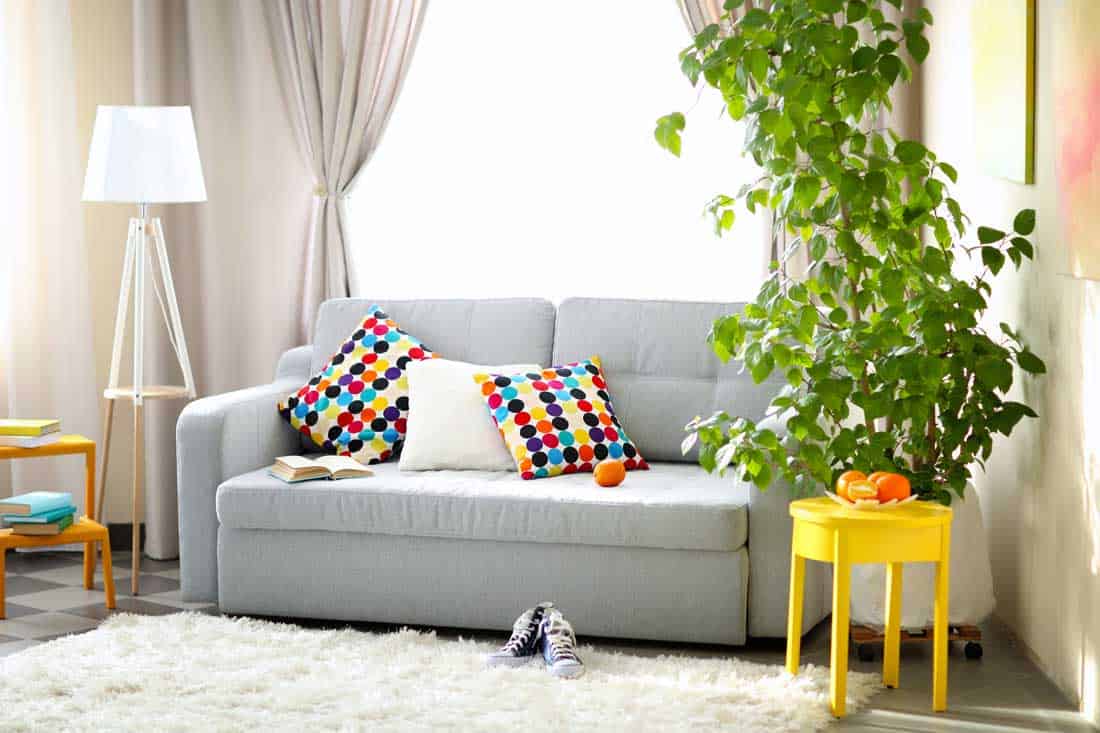
 ? Does it take you too long to find what you want to wear? Time is valuable in the morning and a cluttered closet can get your day started off in the wrong direction. Styles change, seasons change, heck even our bodies change. Pair down what’s not worn.
? Does it take you too long to find what you want to wear? Time is valuable in the morning and a cluttered closet can get your day started off in the wrong direction. Styles change, seasons change, heck even our bodies change. Pair down what’s not worn.
 905-642-5669
905-642-5669








